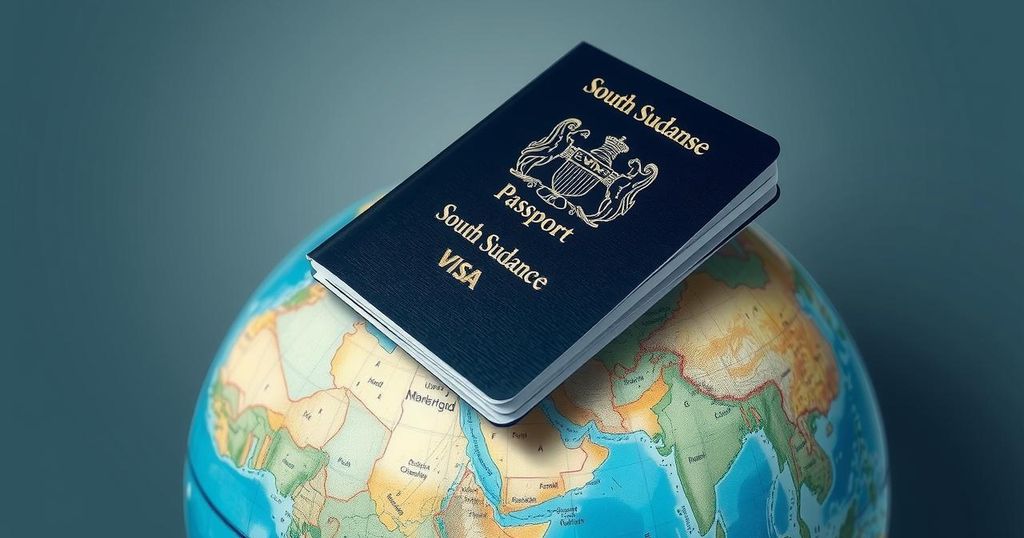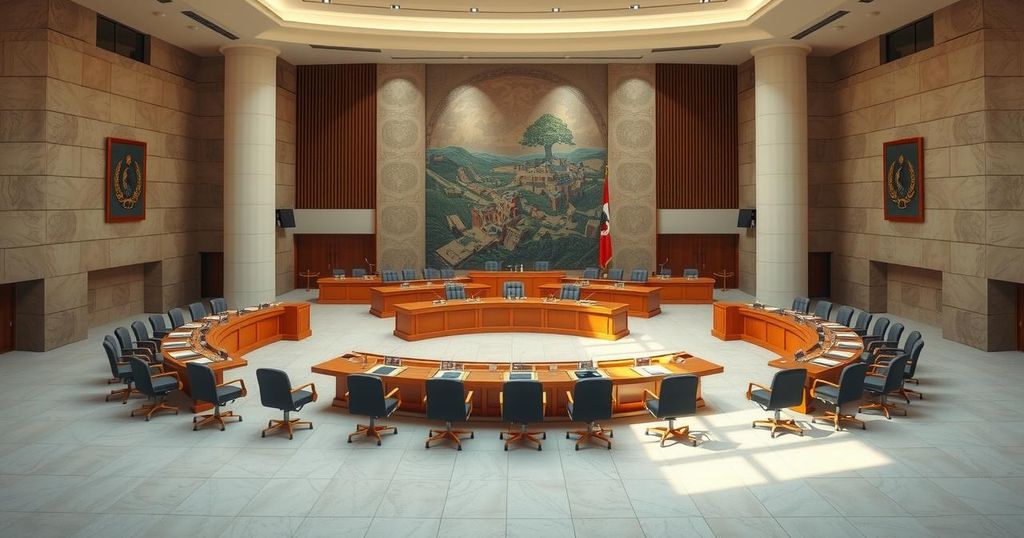Israel’s decision to cut off aid to Gaza has drawn substantial criticism, with reports highlighting accusations of starvation as a weapon. The halt comes as negotiations for a ceasefire stall, with humanitarian organizations warning of dire consequences. International pressure mounts as various governments and NGOs call for adherence to humanitarian law and the provision of essential supplies to the beleaguered region.
Israel has faced intense criticism following its decision to halt all food and supply shipments to Gaza in an effort to pressure Hamas into accepting a new ceasefire proposal. The action drew condemnation from Egypt’s foreign minister, who characterized it as utilizing starvation as a weapon, which constitutes a violation of humanitarian law. Saudi Arabia labeled Israel’s move as extortion, worsening the already critical situation.
In response to the aid cut-off, Hamas accused Israel of sabotaging the ceasefire process, describing the actions as a blatant disregard for a truce negotiated over the past year. The initial phase of the ceasefire concluded with increased humanitarian aid after months of escalating hunger, but as it expired, negotiations for the concluding phase critical for prolonging peace have not commenced.
Israeli officials stated that a new U.S. proposal seeks to extend the ceasefire throughout Ramadan and beyond, with conditions involving the release of hostages held by Hamas. Israeli Prime Minister Netanyahu indicated that a substantial release of hostages could lead to a permanent truce, although Hamas has expressed dissent over any delays in agreements, emphasizing that further humanitarian fallout could ensue.
The International Committee of the Red Cross underscored the life-saving impact of the ceasefire, warning that its dissolution could result in severe humanitarian crises. United Nations and medical organizations denounced the decision to cut aid, with MSF arguing that Israel is leveraging humanitarian assistance unjustly. NGOs have sought judicial intervention to ensure the continuation of aid under international law standards.
Despite the dire need for humanitarian relief amid the ongoing conflict, disruptions have led to rising prices and worsening conditions for Gaza’s residents. The ramifications of Israel’s aid suspension could exacerbate existing poverty and food scarcity within the densely populated region. Israel has faced allegations of systematically obstructing necessary aid throughout the war, which began with an attack from Hamas militants on October 7, resulting in significant casualties and displacements.
The cessation of aid to Gaza by Israel has sparked significant international outrage and condemnation from humanitarian organizations and governments alike. Accusations of using starvation as a weapon stand in stark contrast to international humanitarian law, highlighting the tension in ongoing negotiations for a ceasefire. Extensive humanitarian needs prevail, putting pressure on all parties involved to reach a sustainable resolution to the ongoing conflict. Continued monitoring and support from international mediators remain crucial for advancing peace efforts and ensuring humanitarian access.
Original Source: kstp.com




